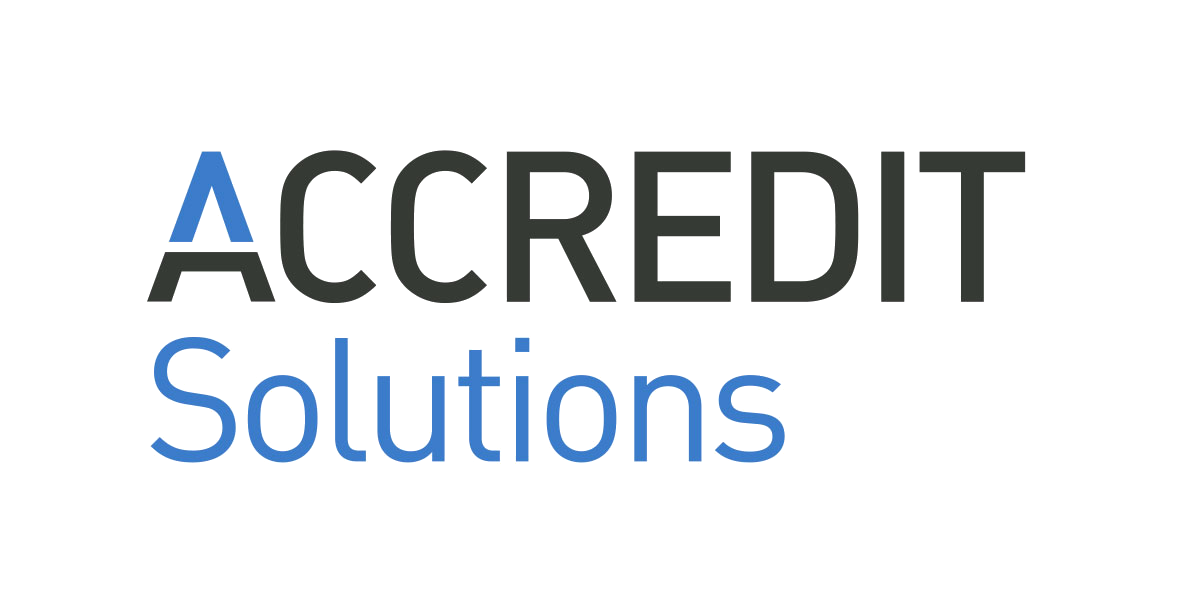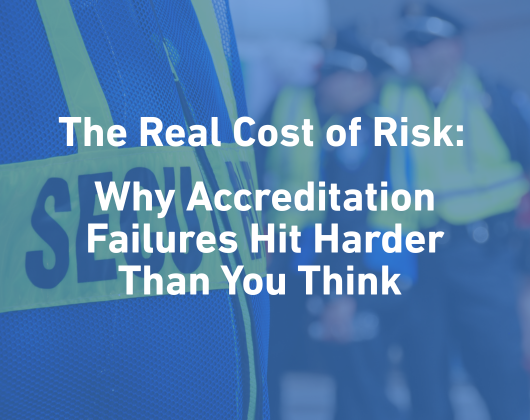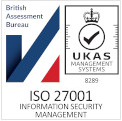If we attend a music concert or major sports fixture, we are used to needing a ticket, having our bags searched and being faced with metal detectors and police dogs as we enter. But what do you know about the staff and contractors you employ? Because knowing the right information solves two problems.
Firstly, it minimises security threats. Some criminal or terrorist activity could rely upon the co-operation of an ‘insider’ and this could be any employee, contractor or member of agency staff that has access to your premises.
Secondly, it gives attendees, staff, contractors and VIPs efficient access to the right areas of your event.
So what should you know about your workers? And how do you use this information to improve operational efficiency?
- Verify their identity
Confirm their full name, date of birth and address with supporting documents such as current passport or driving license. And check for any criminal records. A conviction may not be a barrier to employment, but ask for details subject to local laws – particularly if the post involves working with children or vulnerable adults.
- Verify their right to work
For non-citizens, ask to see their national identity card or passport and documentation confirming immigration status and permission to work. And collect any information useful to their role such as relevant qualifications, security certificates or first aid certificates. Make it a contractual obligation that contractors validate the identities of their staff and ask them to send you photo ID for everyone needing entry.
- Issue the correct accreditation
Store information about all workers on a secure accreditation system that can allocate security levels and access zone privileges. Provide badges (with a photo and bar/QR code) to all staff. These could be mailed to the contractor or agency in advance to circulate to team members, or printed on arrival. The ability to have multiple badge designs or colours is useful when wanting to identify groups of contractors quickly – catering, security, first aiders etc
- Control access
Check ID and access privileges each time a worker enters a new access zone by scanning badges – names, photos and badge type can be checked on the spot to receive instant approvals or rejections. This ensures that restricted areas are kept secure and that only persons with valid permits will be allowed access.
Collecting personal information and applying security procedures to prevent criminal activity may be seen as unwelcome or intrusive. But if you have the correct systems in place to store and process this data securely, and communicate any changes with staff ahead of implementation, they should understand the risks and accept the measures taken to mitigate them.
By Peder Berg, CEO & Founder, Accredit Solutions





![EAS-Accredit-300dpi[22]](https://www.accredit-solutions.com/wp-content/uploads/2024/01/EAS-Accredit-300dpi22-300x156.png)

